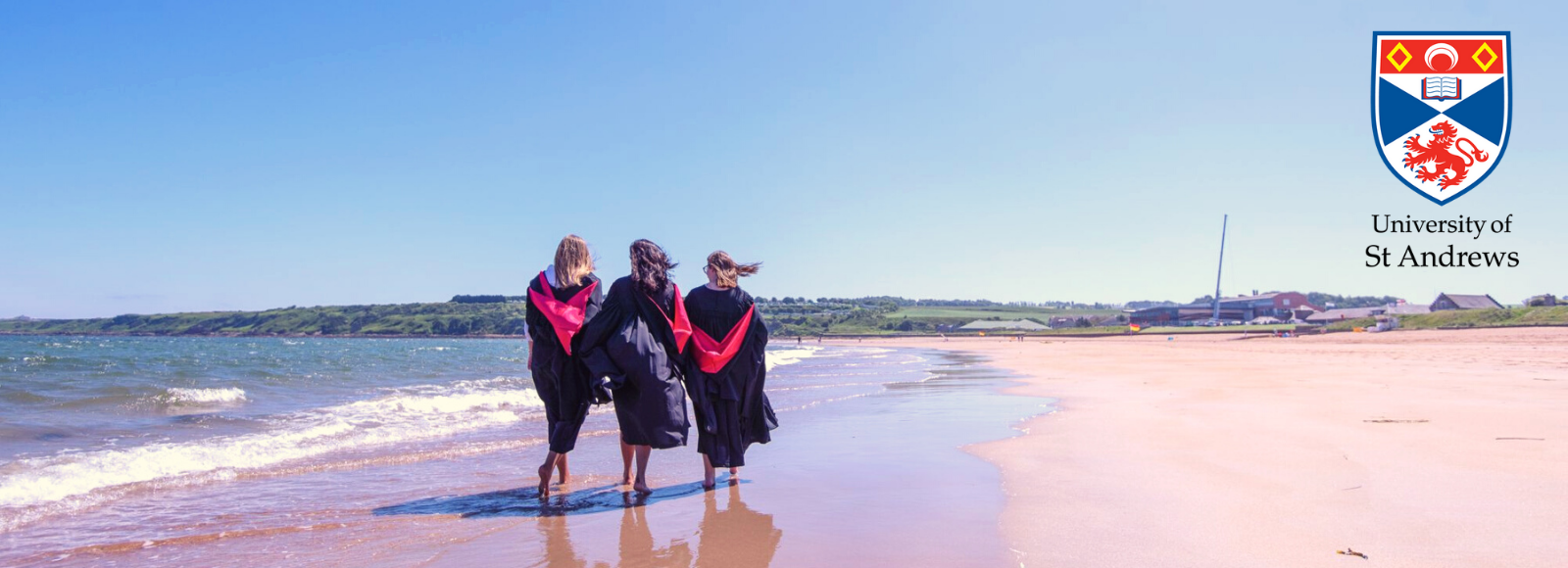- ...
Postgraduate Studentships - Search for funding opportunities.
Postgraduate Studentships - Search for funding opportunities.
The MLitt in Shakespeare and Renaissance Literary Culture is an intensive one-year taught programme run by the School of English. The course offers an all-round introduction to the literature of the 16th and 17th centuries, with particular focus on the work of William Shakespeare.
Highlights
A 2.1 Honours undergraduate degree in a subject-related area. If you studied your first degree outside the UK, see the international entry requirements.
The qualifications listed are indicative minimum requirements for entry. Some academic Schools will ask applicants to achieve significantly higher marks than the minimum. Obtaining the listed entry requirements will not guarantee you a place, as the University considers all aspects of every application including, where applicable, the writing sample, personal statement, and supporting documents.
Application requirements
For fees and funding options, please visit website to find out more
Graduates of the course go on to pursue careers in a range of sectors including journalism, marketing, publishing and teaching.
The Careers Centre offers one-to-one advice to all students as well as a programme of events to assist students in building their employability skills.
Compulsory
Dissertation
Student dissertations will be supervised by members of the teaching staff who will advise on the choice of subject and provide guidance throughout the research process. The completed dissertation of not more than 15,000 words must be submitted by a date specified in August.
If students choose not to complete the dissertation requirement for the MLitt, there is an exit award available that allows suitably qualified candidates to receive a Postgraduate Diploma. By choosing an exit award, you will finish your degree at the end of the second semester of study and receive a PGDip instead of an MLitt.

Scotland’s first university, an experience like no other Masters programmes to help you find your future. Are you looking to earn an outstanding pos...
Sign up to Postgraduate Studentships
Sign up to compare masters
Thanks for making your selection. Click below to view your comparisons.